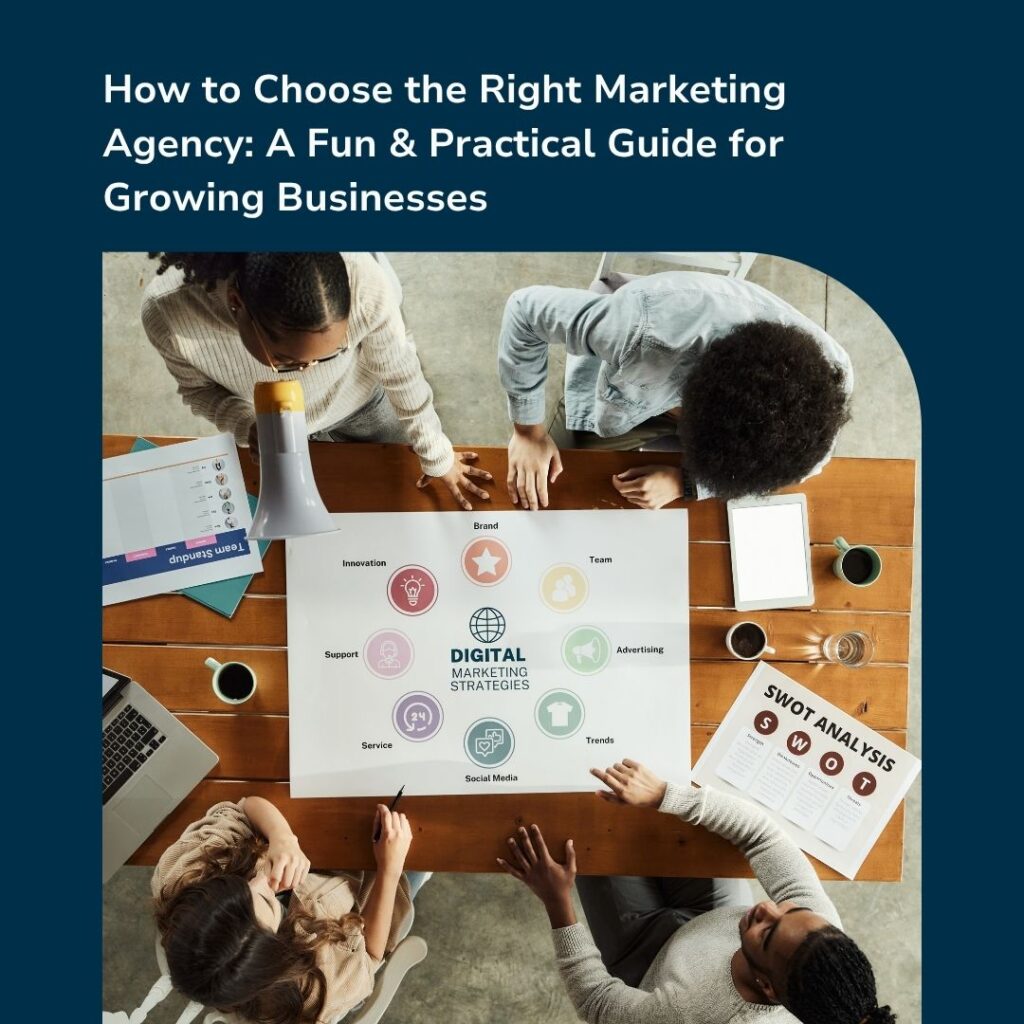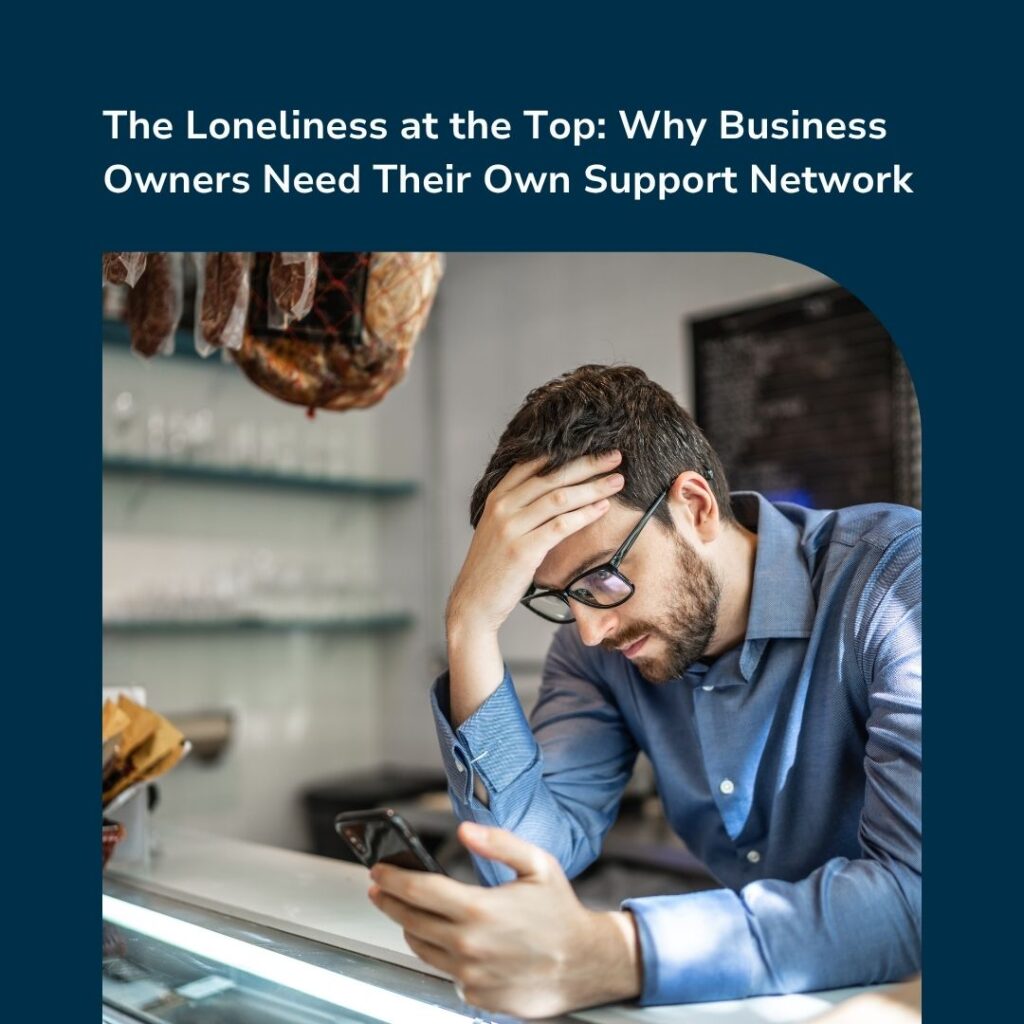[vc_row][vc_column][vc_column_text]
Tags – Digital Marketing Success
The idea for this blog comes from a recent article on The Drum by Marc Ferrentino. You can check the original article here.
For a long period, success in SEO, and even to a great extent, digital marketing, was measured on the basis of traffic.
In other words, the whole field of digital marketing was built around bringing traffic to a specific page on a website, usually the homepage. The efforts to do so were spread across SEO, PPC, and social media marketing.
However, things have changed within digital marketing.
Search Sophistication
This part of the discussion is well known – the way we use search engines, especially Google, has been changing.
For example, we talked in another blog that searches have become more personalised. You can read more about that here.
For some sectors, e.g. informational blogging, the impact has been quite severe.
For instance, if a website traffic was dependent on drawing education or information-collection junkies, the rate of clicking has gone down. This means that if a website was offering a simple structured answer to specific questions or explaining certain terminologies, searchers do not need to click through, anymore, to get the information. In such cases, the information is usually available through Google snippets.
However, for businesses with more sophisticated searches, e.g. when looking for a specific service, the way to push content has changed, but the clicks are still valid. Under the given circumstances, ths searches are still being made, but the expectation to make a direct sale has declined. As a result, the search engines have become an extension of how businesses succeed in real life – through microtransactions.
Put simply, it is not a case of developing a funnel to make a sale in one go. Businesses are expected to win micro moments. We talk more about this here.
And, from a marketing perspective, the way success is measured needs to be adapted too.
Measuring Digital Marketing Success
Building upon the point of micro moments, measuring success needs to be brought down to a micro level too.
Put simply, measuring success within digital marketing needs to follow a path of noting and measuring interactions.
In other words, it is not about making the direct sale, but shaping an experience around acquiring clients that leaves a positive impact. Whether the said positive impact is through search content or social media content, growth and success should be measured through the unsaid stamp on your target market.
In fact, we can assert here that companies that are just tracking homepage traffic will perform worse than companies that measure engagements.
This is especially true in the case of Axies Digital, where we have segmented our efforts geographically and sectorally, and we measure success at each level.
Success for Axies Digital
We, at Axies Digital, are targeting 3 cities mainly in the UK. These include London, Birmingham, and Leicester.
This does not just mean focusing strategically on the 3 mentioned cities.
In fact, we have dedicated pages and interactions across the cities with specific business. Such is the level of sophistication here that we treat businesses in the 3 cities almost completely differently.
In all fairness, we don’t stop our differential treatment on the basis of geography. Such differentiation mainly comes on the basis of applied and digital psychology. However, geography plays a major role here.
In addition, we also divide our efforts of targeting on the basis of specific sectors. For instance, currently, we have been finding encouraging success across businesses related to property, furniture, medical practices, and luxury services. But, as you can imagine, each of these sectors act differently.
As a result, a strategy that we may use with a property business, for instance an event to network with potential clients, may not be suitable for a luxury service. Usually, businesses want to be treated in a certain manner. So, networking may work for a property business but a luxury service demands further sophistication in targeting and expects certain treatment in line with the idea of the business itself.
Therefore, if we were trying to bring each of these businesses to our homepage, only one specific kind, in line with the kind of language used on the homepage, will be interested in our services. From a digital marketing, SEO, and social media perspective, this will be a failure.
Put simply, customers want and expect content optimisation. And, when you have optimised the content to match the said expectation, you have achieved success.
To learn more, get in touch with us today.
Further Reading
And, to learn about other areas of marketing connected with measurements and data, check:
- Cross Platform Analytics – A Digital Marketing Challenge
- Death of Influencer Marketing or Time to Adapt?
- Tweaking Your Odds of Success through a Customer Focus
- How to Measure Success – The Current Facebook Situation
- Why Dailybooth Failed while Instagram is a Massive Success?
[/vc_column_text][/vc_column][/vc_row]









